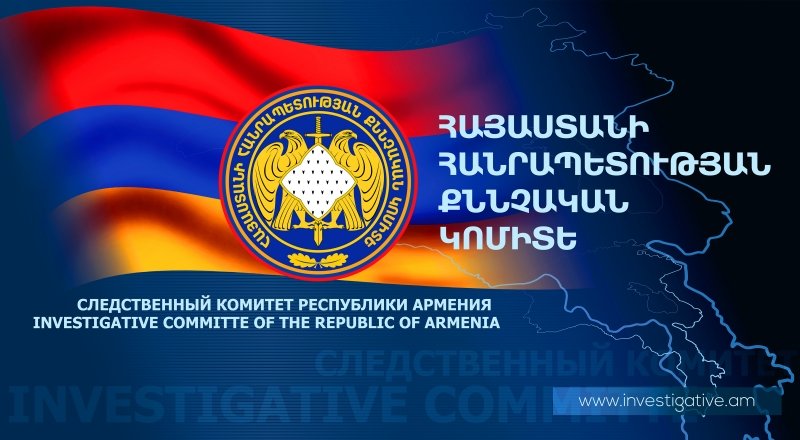The RA Investigative Committee has Expert Criminalistics Center which Started Functioning as SNCO

«Expert Criminalistics Center of the RA Investigative Committee» SNCO was formed as a part of the RA Investigative Committee, through establishment by the RA Government, and its charter was approved.
By the appropriate order of the Chairman of the RA Investigative Committee, Lorik Safaryan, who was the head of the Expert Criminalistics Department of the RA Ministry of Internal Affairs, was appointed the director of the «Expert Criminalistics Center of the RA Investigative Committee» SNCO. By the latter’s order the staff list was approved.
The SNCO was formed on the base of the Expert Criminalistics Department of the RA Ministry of Internal Affairs, and according to the approved charter and staff list, its structure is preserved.
That is the employees of the Expert Criminalistics Department of the RA Ministry of Internal Affairs are already considered to be employees of «Expert Criminalistics Center of the RA Investigative Committee» SNCO. The latters, as a result of necessary legislative amendments, have maintained the social guarantees they had. Particularly, they retain both the basic and additional pay prescribed for their last position, if it is higher than the salary set for the position held in SNCO, they also retain the right to receive military pension for long service defined by the law "On State Pensions". In this case, the period of working in the SNCO is considered military service.
The establishment of the SNCO within the RA Investigative Committee was carried out within the framework of ongoing reforms in the investigative system. As a result, the process of creating joint investigative body which started in 2013, was practically completed, which was implemented first by terminating the activity of the investigative subdivision of the RA State Revenue Committee starting from January 1, 2023, then the activity of the investigative subdivision of the RA National Security Service starting from January 1, 2024 in the mentioned bodies and by transferring all their positions and functions to the system of the RA Investigative Committee. As a result, the RA Investigative Committee conducts preliminary investigation within 99% of the crime cases investigated in the republic.
Besides, according to the RA newly adopted Criminal Procedure Code which entered into force on July 1, 2022, conditioned with the necessity of organizing the criminal justice procedure in a more efficient way, the stage of the former inquest does not exist, and from the moment of receiving a report, the investigator starts conducting preliminary investigation.
Due to these factors, as well as considering that the Expert Criminalistics Department of the RA Ministry of Internal Affairs had been originally established in order to support preliminary investigation within the criminal proceedings, the function of which does not already exist in the Police of the RA Ministry of Internal Affairs, an objective necessity arose to provide expert assistance in the course of conduction of evidentiary or other procedural actions by the investigator, which became the main reason for transferring the functions of the Expert Criminalistics Department of the RA Ministry of Internal Affairs to the RA Investigative Committee and the establishment of the mentioned SNCO.
This change will make it possible to increase the effectiveness of the preliminary investigation, ensuring the constitutional right of the participants within the criminal proceedings to investigate the cases within a reasonable period of time. Besides, as the SNCO consists of both central and territorial subdivisions functioning throughout the territory of the republic, both time and resources will be significantly saved, as the expertise within the criminal proceedings investigated in regional subdivisions of the Investigative Committee will be commissioned in the territorial subdivisions of the SNCO and the investigators will not have to leave for Yerevan from distant regions to get it, as well as the expert’s conclusion, physical evidence.

